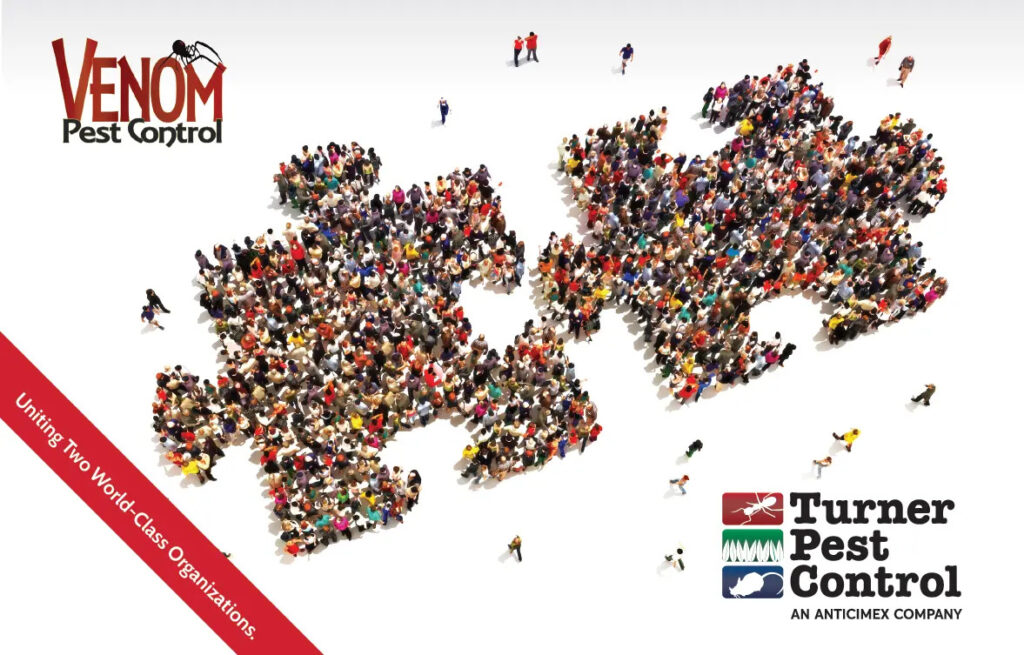 Word is spreading about a new insect that’s been spotted in 28 U.S. states — the Triatomine or “kissing” bug. While it can be a health threat, knowing the facts is the best way to stay safe. Here are answers to some of the questions we’re getting about this pest.
Word is spreading about a new insect that’s been spotted in 28 U.S. states — the Triatomine or “kissing” bug. While it can be a health threat, knowing the facts is the best way to stay safe. Here are answers to some of the questions we’re getting about this pest.
Why is it called the “kissing” bug?
The Triatomine bug is known as the kissing bug because it tends to bite on the face, especially around the mouth and eyes.
Why is it considered a health threat?
The kissing bug is a carrier of a the Trypanosoma cruzi parasite, which in turn causes Chagas disease. According to the Centers for Disease Control and Prevention, kissing bugs’ feces spread the disease when they get into the bug’s bite wounds, or into the mouth or eyes.
When the parasite is passed through bites into the body, the course of the disease can begin with an acute phase that feels like the flu, then enter a chronic phase in which infected persons can develop gastrointestinal problems or even heart disease.
Of those infected with the parasite, it’s estimated that 30 percent are at risk of developing chronic Chagas disease. Presently, drugs to treat the disease are available only through the CDC.
How can I recognize a kissing bug?
There are 11 different species of kissing bugs in the U.S., but most have a band around the edge of their bodies with red or orange stripes and long, thin legs with no thick areas along their length.
The most common types in our region of the country are both about one inch long.
What can I do to keep kissing bugs away from my home?
These bugs are most often found under porches or cement, and in piles of wood, bark, brush or rocks and rarely infests the interiors of houses. In the same way you should prevent other pests from entering your home, keep cracks or holes well sealed around your house in your home’s crawl spaces. Ensure that doors close tightly and keep wood and other debris away from exterior walls.
If you’re concerned about kissing bugs, contact Turner Pest Control. Our expert technicians can apply insecticides outside that can help keep these pests from coming in to your home. Kissing bugs are covered by our comprehensive SMART TurnerGuard all-in-one pest control program.


